The Evolving Landscape of Makeup Cosmetics Companies: A Comprehensive Overview
Related Articles: The Evolving Landscape of Makeup Cosmetics Companies: A Comprehensive Overview
Introduction
In this auspicious occasion, we are delighted to delve into the intriguing topic related to The Evolving Landscape of Makeup Cosmetics Companies: A Comprehensive Overview. Let’s weave interesting information and offer fresh perspectives to the readers.
Table of Content
The Evolving Landscape of Makeup Cosmetics Companies: A Comprehensive Overview
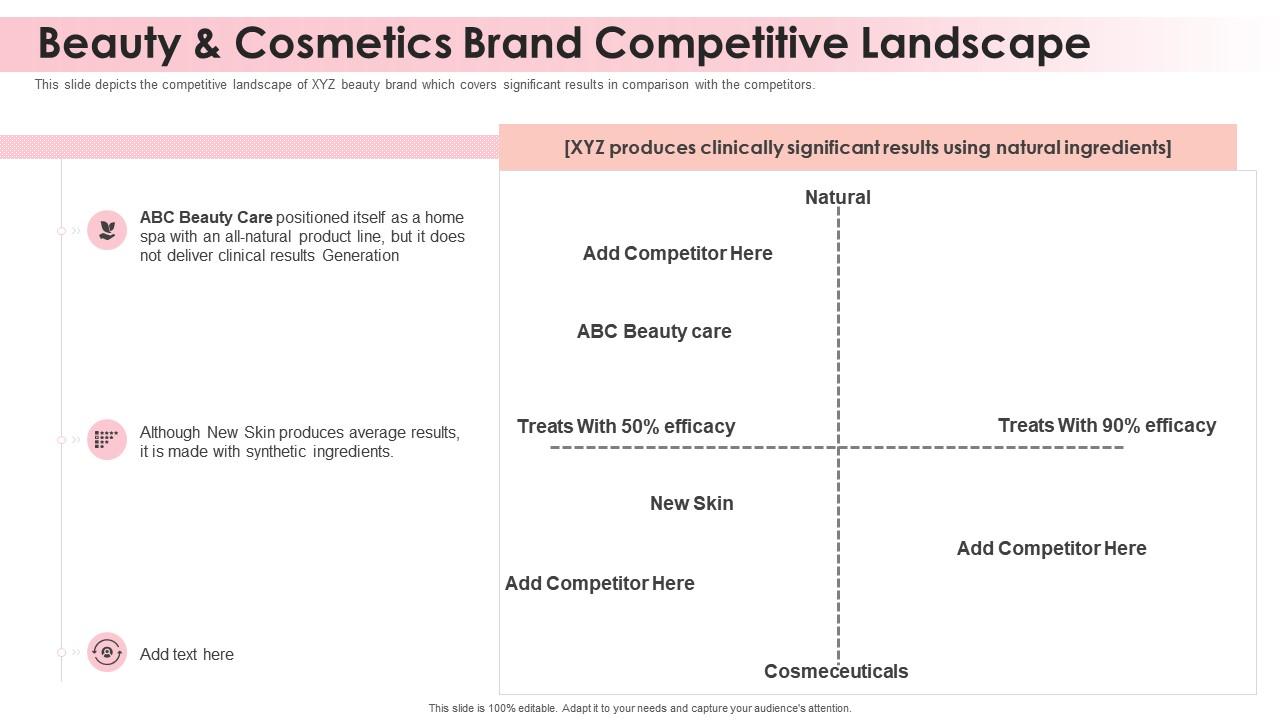
The makeup cosmetics industry is a dynamic and ever-evolving landscape, driven by consumer demand for innovation, inclusivity, and ethical practices. This industry encompasses a vast array of companies, from multinational conglomerates to independent brands, all vying for a share of the global market. Understanding the complexities of this sector requires examining its key players, their strategies, and the forces shaping its future.
A Historical Perspective:
The origins of makeup cosmetics can be traced back centuries, with ancient civilizations utilizing pigments and natural ingredients for aesthetic purposes. The modern makeup industry, however, emerged in the late 19th and early 20th centuries, with companies like Max Factor and Helena Rubinstein pioneering the mass production of cosmetics.
The mid-20th century witnessed the rise of major cosmetics conglomerates like Revlon and Estee Lauder, establishing themselves as household names through innovative products and effective marketing campaigns. The latter half of the century saw the emergence of niche brands catering to specific demographics and needs, diversifying the market and offering consumers greater choice.
The Digital Revolution and its Impact:
The advent of the internet and social media has profoundly reshaped the cosmetics industry. Online platforms have become crucial for brand discovery, product reviews, and direct-to-consumer sales. Social media influencers have emerged as powerful advocates, shaping consumer trends and driving product demand.
This digital transformation has empowered independent brands to reach a wider audience without relying on traditional retail channels. The ease of online shopping has also contributed to the rise of subscription boxes and personalized beauty services, catering to specific needs and preferences.
Key Players and Market Dynamics:
The makeup cosmetics industry is dominated by a few major players, including:
- L’Oréal: The world’s largest cosmetics company, L’Oréal owns a vast portfolio of brands spanning various price points and categories, including Lancôme, Maybelline, and Kiehl’s.
- Estée Lauder Companies: This conglomerate houses a diverse range of luxury and prestige brands, including Estée Lauder, MAC Cosmetics, Clinique, and La Mer.
- Procter & Gamble: This multinational corporation owns several popular makeup brands, including CoverGirl, Max Factor, and Olay.
- Unilever: This company owns a range of personal care brands, including Dove, Vaseline, and Axe, which also include makeup lines.
These giants compete with a multitude of smaller companies, including independent brands, niche startups, and direct-to-consumer brands. This competitive landscape fosters innovation, driving companies to develop new products, packaging, and marketing strategies to attract consumers.
Key Trends Shaping the Future:
The makeup cosmetics industry is constantly evolving, driven by several key trends:
- Inclusivity and Diversity: Consumers are increasingly demanding brands that represent a wider range of skin tones, ethnicities, and gender identities. This shift has led to the emergence of brands specifically catering to diverse demographics and promoting inclusivity in their marketing campaigns.
- Sustainability and Ethical Sourcing: Consumers are becoming more conscious of the environmental and social impact of their purchases. This has led to a growing demand for sustainable and ethically sourced products, with brands focusing on reducing their carbon footprint, using recycled packaging, and sourcing ingredients responsibly.
- Clean Beauty and Natural Ingredients: Consumers are seeking products with natural ingredients and minimal synthetic chemicals. This trend has spurred the growth of clean beauty brands, emphasizing transparency in ingredient lists and prioritizing natural and organic ingredients.
- Personalized Beauty: Consumers are seeking personalized beauty solutions tailored to their individual needs and preferences. This has led to the development of customized skincare and makeup products, leveraging technology and data analysis to provide personalized recommendations.
The Importance of Makeup Cosmetics Companies:
Beyond their economic significance, makeup cosmetics companies play a crucial role in:
- Empowerment and Self-Expression: Makeup allows individuals to express themselves creatively, enhance their features, and boost their confidence. Companies contribute to this by providing a wide range of products and services that cater to diverse needs and preferences.
- Innovation and Technological Advancements: The industry constantly pushes the boundaries of innovation, developing new formulas, textures, and technologies to enhance the performance and experience of makeup products.
- Social and Cultural Impact: Makeup is deeply intertwined with social and cultural norms, reflecting evolving beauty standards and influencing perceptions of beauty. Cosmetics companies contribute to shaping these perceptions through their marketing campaigns and product offerings.
Frequently Asked Questions:
1. What are the major challenges facing makeup cosmetics companies?
Makeup cosmetics companies face several challenges, including:
- Increased competition: The industry is highly competitive, with both large corporations and smaller brands vying for market share.
- Evolving consumer preferences: Consumer tastes and preferences are constantly changing, demanding innovation and adaptation from companies.
- Regulatory landscape: The industry is subject to various regulations regarding product safety, ingredient restrictions, and marketing practices.
- Sustainability concerns: Consumers are demanding more sustainable and ethical practices, requiring companies to address their environmental and social impact.
2. What are the key factors driving growth in the makeup cosmetics industry?
Several factors contribute to the growth of the makeup cosmetics industry, including:
- Rising disposable income: As global economies grow, consumers have more disposable income to spend on discretionary items, including cosmetics.
- Growing urbanization: Urbanization leads to greater exposure to fashion and beauty trends, driving demand for makeup products.
- Social media influence: Social media platforms have become powerful drivers of beauty trends, influencing consumer purchasing decisions.
- Increased focus on self-care: Individuals are prioritizing their well-being, leading to increased spending on personal care products, including makeup.
3. What are some tips for choosing the right makeup products?
Choosing the right makeup products requires careful consideration of several factors:
- Skin type: Choose products designed for your specific skin type, whether it’s dry, oily, sensitive, or combination.
- Skin tone: Select products that complement your skin tone, ensuring a natural and flattering look.
- Ingredients: Pay attention to ingredient lists, prioritizing products with natural and safe ingredients.
- Product reviews: Read reviews from other consumers to gain insights into product performance and suitability.
- Brand reputation: Choose products from reputable brands known for quality and safety.
Conclusion:
The makeup cosmetics industry is a dynamic and evolving sector, driven by consumer demand for innovation, inclusivity, and ethical practices. Companies are constantly adapting to meet these evolving needs, embracing new technologies, and addressing concerns regarding sustainability and inclusivity. The future of this industry holds exciting possibilities, driven by the continuous pursuit of beauty, self-expression, and technological advancements.


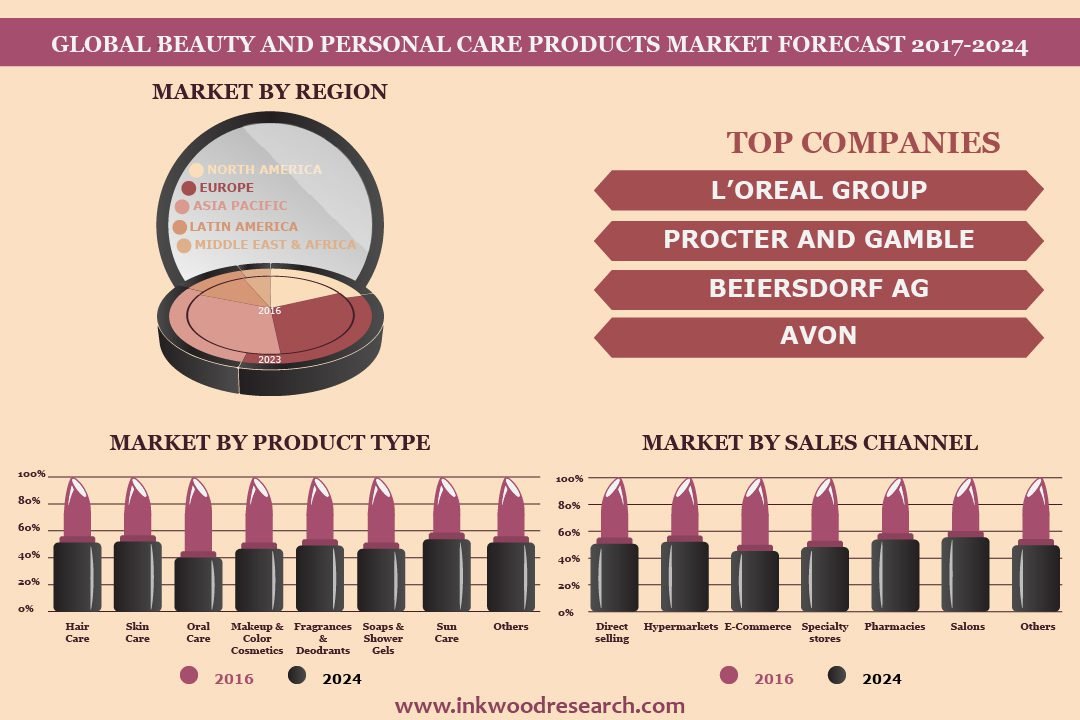
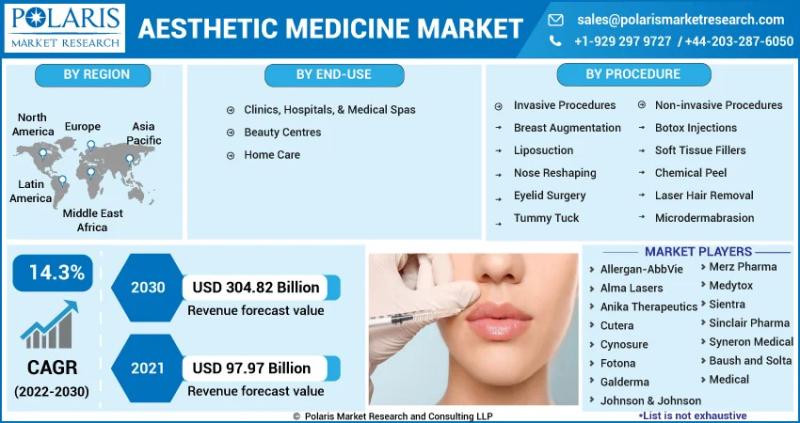

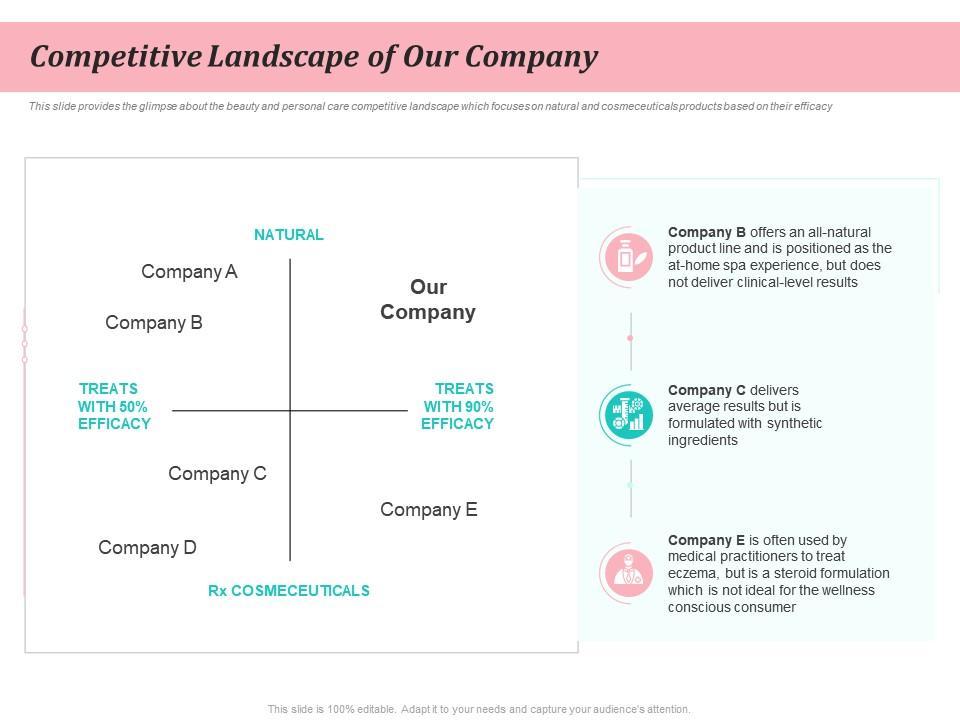
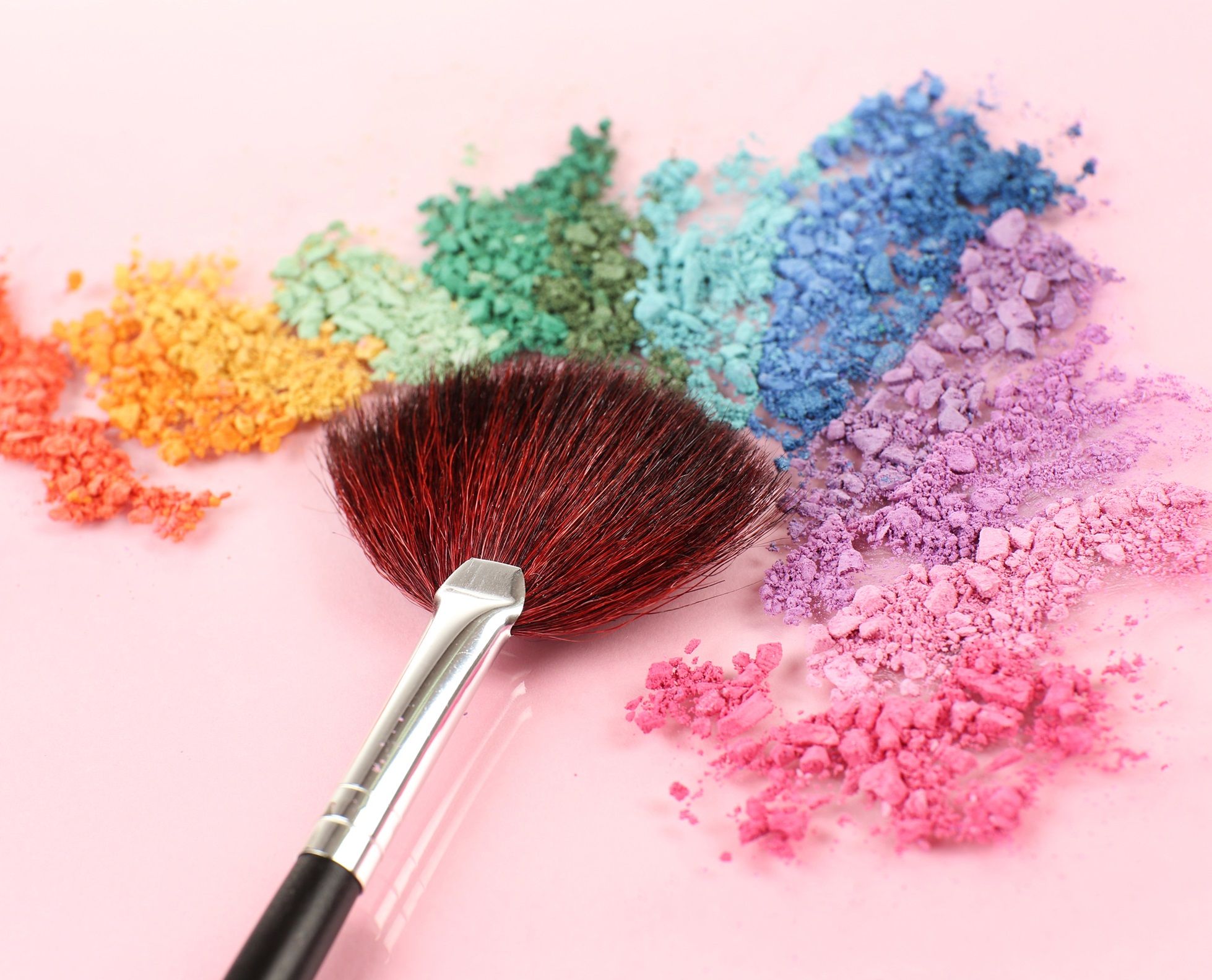

Closure
Thus, we hope this article has provided valuable insights into The Evolving Landscape of Makeup Cosmetics Companies: A Comprehensive Overview. We hope you find this article informative and beneficial. See you in our next article!